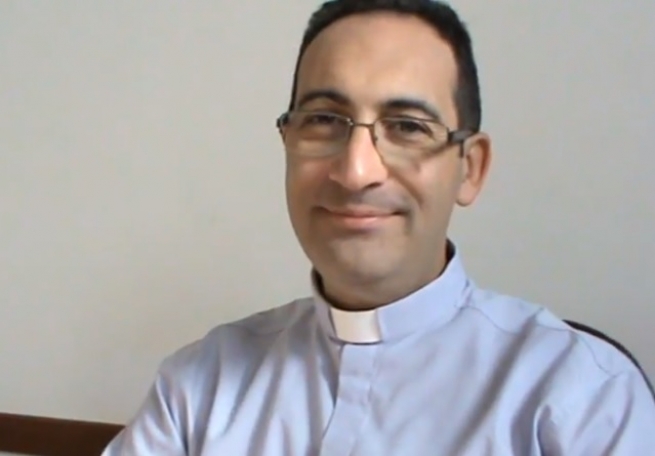What is jail today?
It is a very closed and unknown world. For me, it has become a familiar place. I visit very regularly, because I always have in mind the words of the Gospel: "I was hungry, you gave me food. I was thirsty and you gave me drink. I was a stranger and you came to welcome me. I was in prison and you came to see me." (Mt 25) I chose to stay with these young people and to visit them because, behind these bars, I find Jesus.
What is your ministry?
My ministry is characterized by an attitude of listening, fidelity, friendship with the young detainees. I respond as much as I can to their needs. This means, first of all, activating interventions of concrete solidarity: I try to work online with all the professional figures inside and outside of the penitentiary institution: educators, prison police officers, social workers.
Are there foreigners in the jail?
Yes. Foreigners live the prison experience more dramatically than Italians. They do not understand the language, the laws, the regulations, and even in jail, they suffer from the economic and social upheavals and weaknesses that led them to leave their country. Most of these detainees have special stories, emotional and cultural deprivations. My visits, and those of other educators, are important to them. They are like those of family members, opportunities to talk to someone: we become a reference point for them. Prison is a separate world, a closed place characterized by marginalization. The visit to prison means first of all the rejection of exclusion and isolation. Jesus does not judge and condemn as the tribunals of our societies do. We can bring the Gospel, the 'good news' to these young detainees, and we can communicate to their companions that someone takes care of them.
Today what would Don Bosco say to do with these young people in jail?
Together we can multiply and do so much good to these young people. And as Don Bosco said: succeed in making them good Christians and honest citizens.


